Blog
September 18, 2025
Dear Nicholas, It’s not as if Bob and I are under fire in Gaza or Ukraine, but our week of household problems has been impressive. And sometimes non-life-and-death things, the household catastrophe, can really rattle a person. The title of this note could be: The Night The Waterbed Burst. I got up in the wee […]
Read More
July 13, 2025
Dear Nicholas, I’ve learned that sadness and loss can make a person temporarily “stupid.” Not just for hours but for much longer. I thought I was the only one and that I was being weird to react this way. This time I have discovered that “stupid” happens to lots of people who are mourning. I’ve […]
Read More
June 23, 2025
Dear Nicholas, Some years ago when I was attempting to “get a grip,” I wrote down in a little blue notebook random bits of wisdom on how to live better. I carried it with me in my pocketbook. Some days I’d open the notebook at any page and let what I’d copied there influence that […]
Read More
June 3, 2025
Dear Nicholas, In the midst of getting Husband Bob out of rehab and settled in at home for 24/7 care, I overheard my older stepson say of me, “She’s so strong it’s creepy.” Do I take this as a compliment, a criticism, a misunderstanding? How Could Anyone Think That? I’m not Iron Woman. I know […]
Read More
May 12, 2025
Dear Nicholas, A voice from some hidden place inside me keeps calling, “mama mama!”, the way severely wounded soldiers sometimes do. The voice keeps speaking up in spite of the fact that I’m feeling fine. The words come out of me aloud and only when I’m alone. The other cry for help I’m sometimes surprised […]
Read More
April 28, 2025
Dear Nicholas, I’ve given up on being completely sensible, realistic, no-nonsense (I never made a lot of effort in that direction.) I’ve realized that some outright delusions are good for my happiness and mental health. I think of these ideas as optimism, which works for matters large and small. I realized one morning recently when […]
Read More
February 24, 2025
Dear Nicholas, Husband Bob (age 83) and I (age 76) are both deeply sad at the loss of our dog Carlo, more affected than I can remember us being at other such losses. Is it our age? Is it harder to lose a pet when you’re old and so much more aware of mortality? Or […]
Read More
February 2, 2025
Dear Nicholas, When Husband Bob was scheduled to leave rehab just before Christmas, I thought it meant that his health–mobility mainly–was greatly improved. Not so. The physical therapist said he’d need 24/7 care at home for a while. Turns out people are sent home when they have gone a few days, as Bob had done, […]
Read More
January 29, 2025
Dear Nicholas, I have reached The Age of Others Keeling Over. People keep getting old, falling ill, some actually dying. This sort of thing has happened before, but in my earlier years it was an aberration, cases of dying too young. I saw this exit-watching process happen to my mother. She was 56 when my father […]
Read More
December 8, 2024
Dear Nicholas, It’s a different holiday season for me because I’m almost entirely focused on one thing: helping my husband get well. The usual pressures of Christmas are gone. Bob has been in and out of the hospital in recent weeks and now is working on regaining strength in rehab. I won’t burden you with […]
Read More
Categories: Uncategorized
Tags: coming home, get well soon, helping my husband, hospital stays, in and out of the hospital, Kierkegaard, purity of heart is to will one thing, regaining strength in rehab, return to health, simplifying, spokesman with medical people



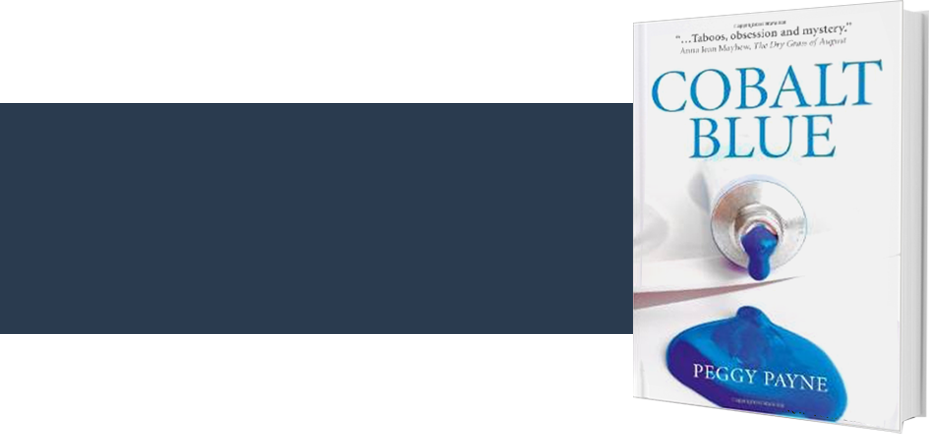

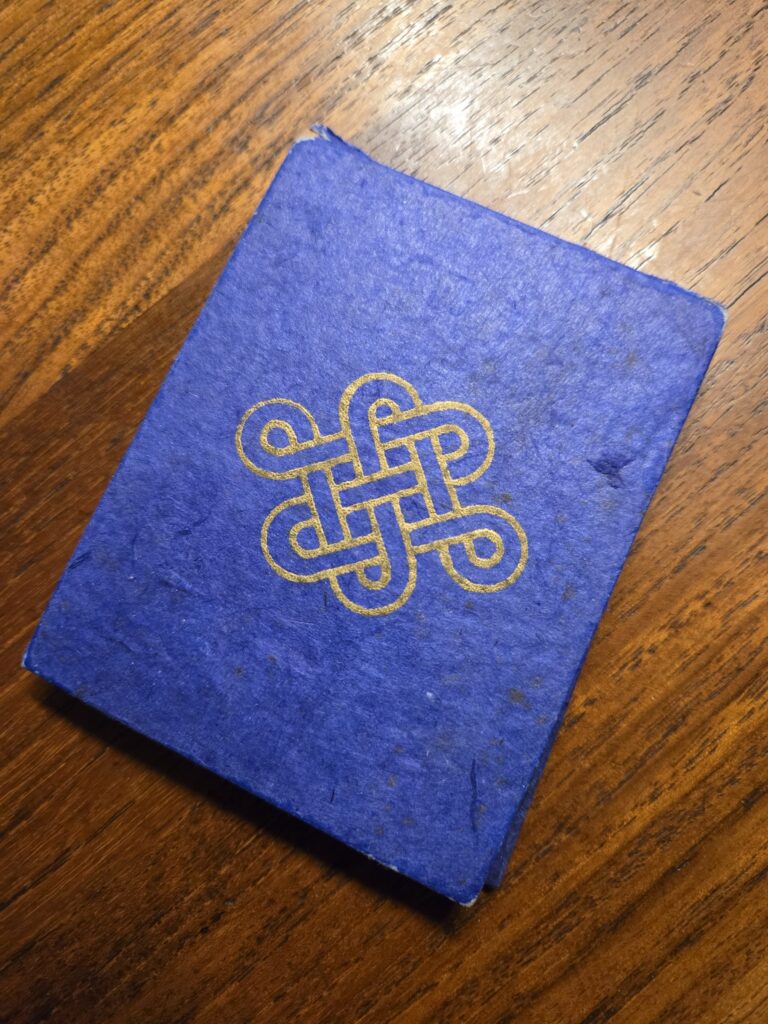

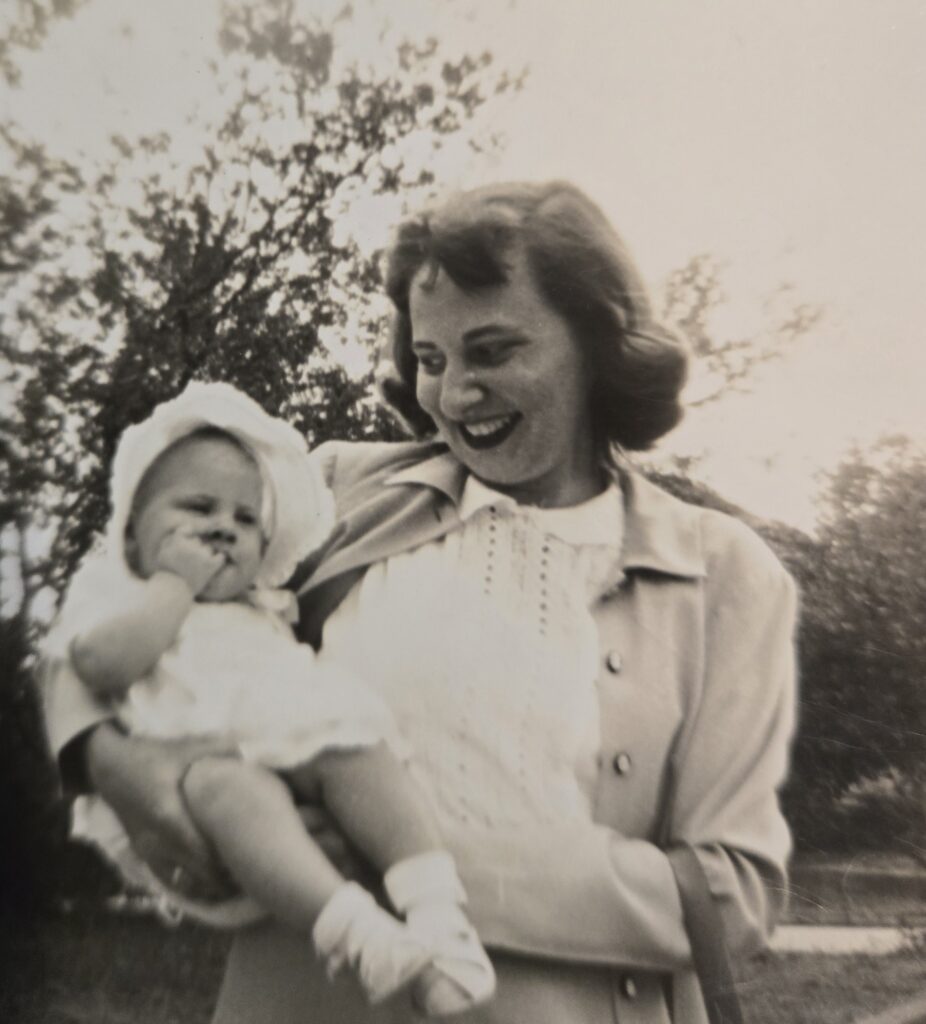

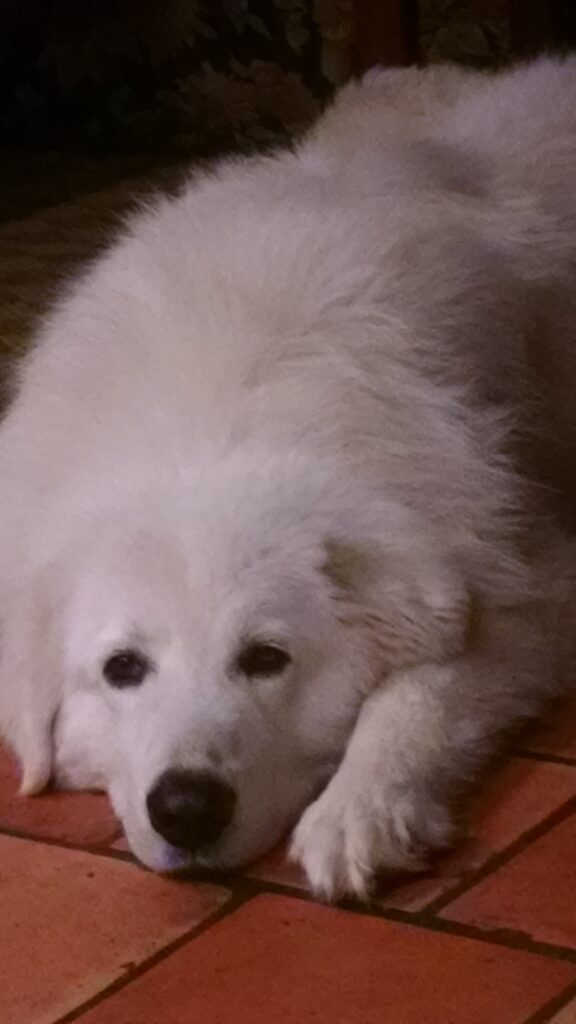
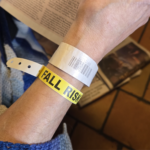
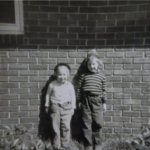
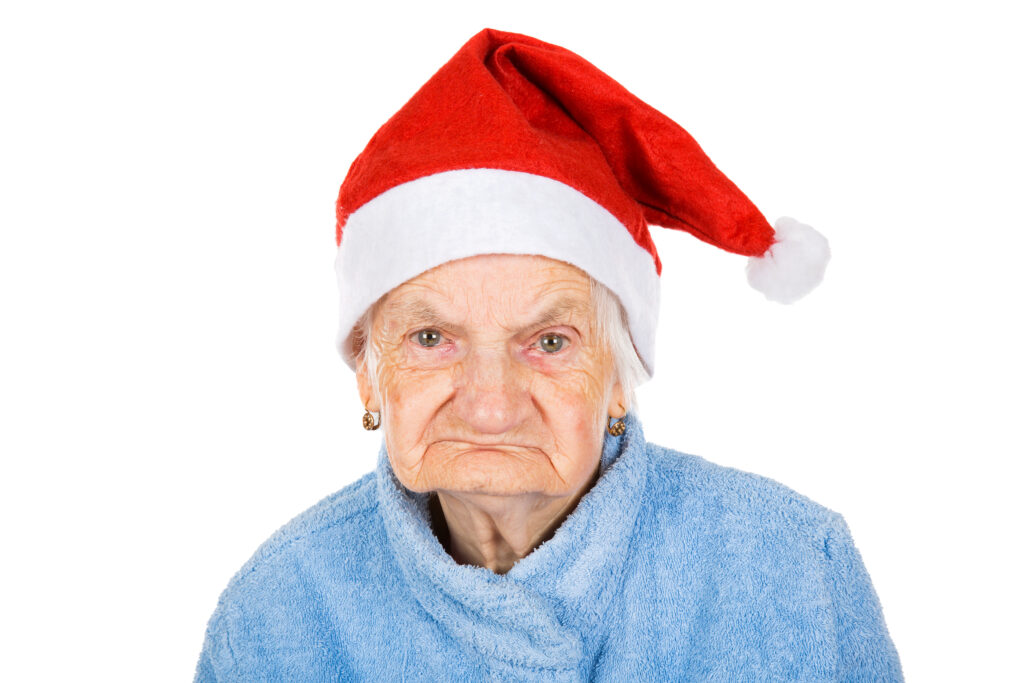
Comments
Thanks. Our last Christmases were fairly intense. The last Christmas we just stayed out and didn’t even go over to my sister’s. Nothing mattered but Chris–and us.
I do hope Chris is well, Ann! The plural “Christmases” sure caught my attention. Wishing good health for you both!
I am so sorry to hear about Bob being in and out of the hospital. No fun for either of you. Please give him my best wishes for healing. I am full time caregiver for my 97 year old husband who is so very frail and cannot be left alone. It is very hard, but good for you for letting those pesky “should” go. Peace
Thanks, Gail. Have passed the message to Bob. You have quite a full-time job. Wish you strength and peace.
My hope is that Bob heals well from whatever felled him. And I wish both of you a very Merry Christmas and worry-free New Year !
Thank you, Kenju. And I wish you a happy holiday season. I know the holidays are often harder.
My parents never told me how hard this growing older is…did yours, Peggy?! Hope to see you in January when we move ourselves, two dogs and two cats to NC for Duke basketball for a month. We wish you and especially Bob peaceful and healing Christmas. Marjorie
Thank you, Marjorie. No, I didn’t get any warnings about age. My father died pretty young and my mother didn’t change her activities much until she was 95. But she suffered the loss of so many friends. I did see that that was happening. She came back from a trip once to find Franc had put obits of 3 friends on kitchen table with a flower. Save us a night in January. I’m hoping it’ll be both of us by then.
Will do!
[…] I wrote in December, (To Will One Thing….), things like that don’t matter. The main thing is Bob getting his strength and […]